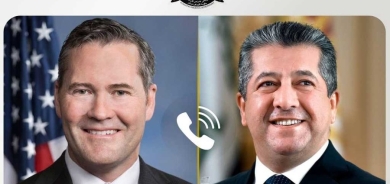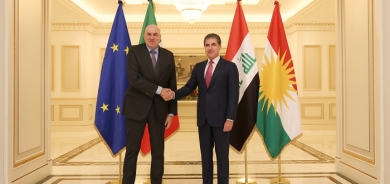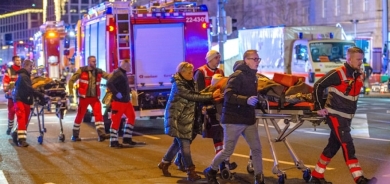High-Stakes Diplomatic Rendezvous between Putin and Erdogan

In a highly anticipated diplomatic rendezvous set for today, the presidents of Russia and Turkey, Vladimir Putin and Recep Tayyip Erdogan, are poised to engage in discussions critical to global grain and commodity trade. The focus of these discussions lies in Erdogan's primary aim: persuading Putin to resurrect an agreement that once enabled Ukraine to export grains and other vital goods from its Black Sea ports, even amid the Ukraine-Russia conflict.
However, this undertaking is far from simple. In July, President Putin refused to extend the agreement, initially brokered by Turkey and the United Nations just a year earlier. Russia's grievances stemmed from the parallel agreement, which promised to eliminate hurdles impeding Russian food and fertilizer exports. According to Moscow, this pact hadn't been adequately honored, asserting that shipping and insurance restrictions were adversely impacting its agricultural trade, notwithstanding record-high wheat exports.
The leaders have convened in Sochi, a city by the Black Sea that holds personal significance for President Putin, as it houses his residence. Since Russia's withdrawal from the agreement, President Erdogan has consistently committed to reinstating arrangements crucial for averting potential food crises in regions like Africa, the Middle East, and Asia. Both Ukraine and Russia play pivotal roles as major suppliers of wheat, barley, sunflower oil, and other essential commodities relied upon by developing nations.
Data from the Joint Coordination Center in Istanbul reveals that a substantial 57% of Ukraine's grain exports cater to developing nations, with China emerging as the principal recipient, absorbing nearly a quarter of these essential food supplies. Furthermore, the ongoing Ukraine-Russia conflict, marked by Russia's repeated assaults on the Odesa region, Ukraine's primary Black Sea port area, adds an extra layer of complexity to this diplomatic encounter. Just recently, the Ukrainian air force reported intercepting 23 of 32 drones targeting the Odesa and Dnipropetrovsk regions, underscoring the ongoing hostilities.
Despite Turkey's membership in NATO, it has charted a unique course in the geopolitical landscape. It has refrained from aligning with Western sanctions against Russia following its invasion of Ukraine, instead emerging as a critical trading partner and logistical hub for Russia's overseas commerce. Yet, Turkey has also offered support to Ukraine, sending arms, engaging with Ukrainian President Volodymyr Zelenskyy, and backing Kyiv's aspirations to join NATO. This delicate balancing act has occasionally irked Moscow, notably when Erdogan allowed five Ukrainian commanders to return home, following their capture by Russia.
This meeting holds substantial significance in the context of the Russia-Turkey dynamic, characterized by a complex web of interests and alliances in the Black Sea region. As the two leaders engage in discussions today, the world watches closely, with hopes of a breakthrough in the crucial global grain and commodity trade landscape, and concerns over the ongoing Ukraine-Russia conflict ever-present on the diplomatic agenda.
By Kobin Ferhad













